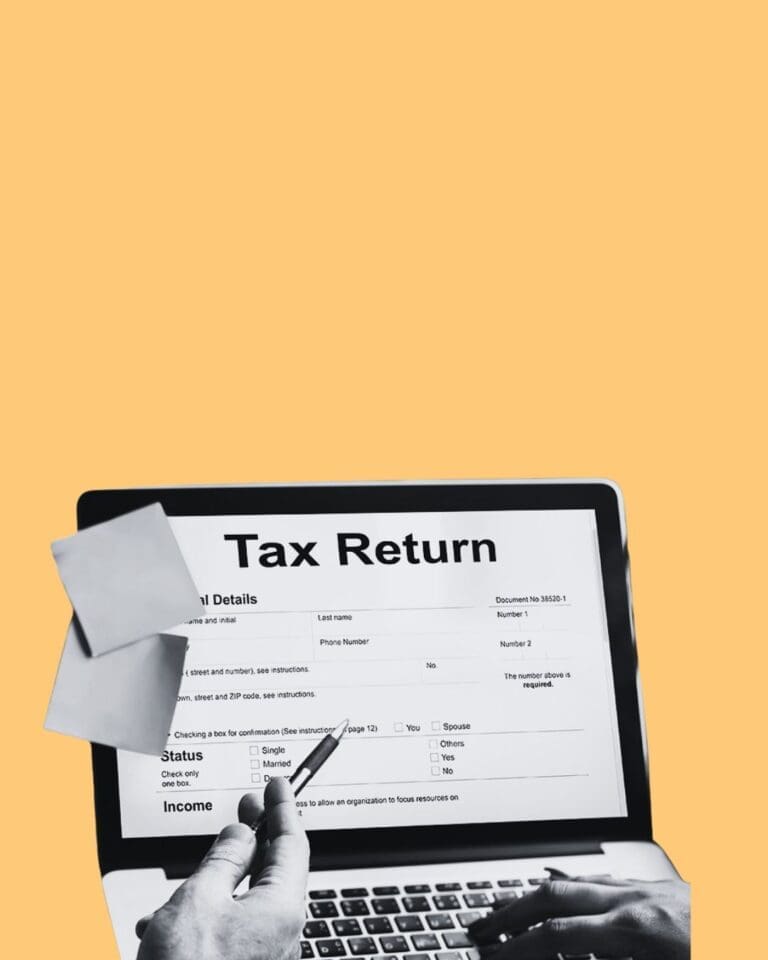Understanding interest rate fluctuations can be tricky, but it’s a crucial factor impacting your finances, especially borrowing costs like mortgages. This article explores the factors influencing interest rates and provides insights into and partial answer to when will interest rates go down.
Understanding Inflation’s Role
Before diving into interest rates, it’s essential to grasp inflation. Inflation refers to the rising cost of goods and services over time. It erodes the purchasing power of your money, meaning a dollar today won’t buy the same amount tomorrow. You can find more information about inflation here: Why is everything getting so expensive?
Why Rates Rise to Combat Inflation
Central banks, like Australia’s Reserve Bank of Australia (RBA), play a critical role in managing inflation. When inflation rises above their target range (typically around 2-3% in Australia), the RBA implements contractionary monetary policy. This involves raising the cash rate, the interest rate at which banks borrow money from the RBA.
Higher cash rates translate to higher interest rates for borrowers (consumers and businesses) from banks. This discourages borrowing and spending, ultimately aiming to slow down the economy and curb inflation.
You can learn more here: Why do banks raise interest rates to control inflation?
Rates Fall When Goals Are Met
Conversely, when inflation and unemployment are under control and economic growth requires a boost, the RBA might employ expansionary monetary policy. This involves lowering the cash rate, making borrowing cheaper and encouraging spending and investment. This stimulates economic activity and can lead to lower interest rates for borrowers.
Monetary Policy Explained
Monetary policy is a complex topic, but understanding its basics can empower you to make informed financial decisions. For a deeper dive into monetary policy, you can refer to this comprehensive explanation here: link to the inserted article “What Is Monetary Policy? Everything You Need to Know” by Forbes Advisor Australia.
The Light at the End of the Tunnel: When Might Rates Drop?
Australian homeowners facing rising interest rates are likely eager for a reprieve. Based on predictions from major banks, there’s a chance interest rates might fall again in late 2024.
The big four banks (CBA, Westpac, NAB, ANZ) have predicted potential cash rate cuts ranging from three to five between 2024 and 2025. These cuts would see the cash rate decrease from its current elevated position.
Why Did Rates Rise So Quickly?
The recent hikes in interest rates are primarily driven by inflation, along with other economic factors. While inflation has shown signs of easing, it’s unlikely the RBA will cut rates until inflation is demonstrably trending towards their target range.
However, if the downward trend in inflation continues, the RBA might opt to hold the cash rate steady for a period. This could offer some welcome relief for homeowners’ budgets, especially considering the time it takes for banks to adjust interest rates after a change in the cash rate.
Global Rate Movements Offer Clues
Australia isn’t alone in raising interest rates. Central banks worldwide have been taking similar actions to combat inflation. Observing the behavior of other central banks, particularly those that began raising rates before Australia, might provide clues about the RBA’s future moves.
For instance, if major economies like the US or UK start cutting rates, it could influence the RBA’s decisions. Recent pauses in rate hikes by some central banks, coupled with signs of slowing inflation in Australia, suggest that the RBA might hold rates steady for some time before potential cuts.
Taking Control: Ways to Save While You Wait
Don’t wait passively for the RBA’s decisions. Here are some proactive steps homeowners can take to potentially reduce their interest burden in 2024:
- Make Extra Repayments: Even small additional repayments can significantly reduce your principal loan amount over time, leading to lower interest charges.
- Utilize Offset Accounts: If your home loan has an offset account, depositing funds there reduces the loan balance for interest calculation purposes, effectively lowering your interest payments.
- Refinance: Consider refinancing to a lower interest rate loan, especially if you’ve built up equity in your home. This can significantly reduce your monthly repayments.
- Negotiate a Rate Cut: Contact your lender and explore the possibility of negotiating a lower interest rate on your existing loan.
The best option for you depends on your specific financial circumstances. It’s wise to consult a financial advisor to determine the most suitable strategy for your situation.
While there’s no crystal ball to predict the exact date of future rate cuts, staying informed about economic trends and the RBA’s pronouncements can help you make informed financial decisions. By taking proactive steps, you can potentially ease the burden of high interest rates even before the RBA cuts the cash rate.





